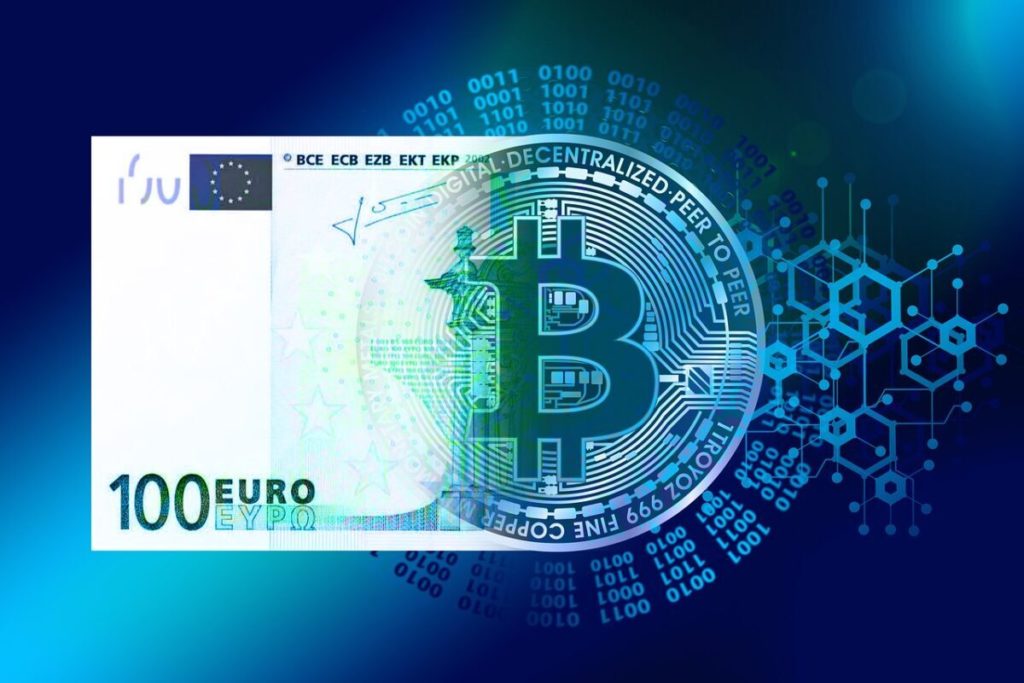
Italy also makes its active contribution to a European digital currency
Made up of more than 700 Italian banking institutions, ABI said on Tuesday that the project will examine the technical feasibility of a digital euro and further analyze the "new value-added services" that would be activated as a consequence of the programmable nature of the technology.
The group intends to explore the possibility of exploiting DLT technology as the main infrastructure of a digital euro. “The purpose of the initiative is to proactively contribute to the public debate and to support banks operating in Italy by working towards a future perspective”, ABI said in a statement.
The experiments will be divided into two parts: one that examines the infrastructure and deployment model to assess technical feasibility and another that evaluates how programmability could provide use cases that differentiate a central bank digital currency (CBDC) from existing electronic payment systems.
In November, European Central Bank (ECB) President Christine Lagarde said that, in her opinion, the region's monetary authority would move to launch a digital version of the euro in the next two to four years. Together with other central banks, the ECB is actively working on how the digital euro could be designed and how it could work once launched.
Who are the parties involved in the project?
Several countries are contributing to research for the European Central Bank (ECB) job on its CBDC. However, the Italian project in particular refers to it only as a “digital euro” and, for the moment, does not mention any involvement by the country's central bank, the Bank of Italy.
ABI has a solid experience and therefore could potentially make a valuable contribution. More than 100 Italian banks are engaged in production through the activation of blockchain nodes as part of the Spunta Project, which enables the automated reconciliation of interbank accounts using a blockchain solution based on R3's Corda.
Much of the Spunta team will be involved in the digital currency project, including Spunta developer NTT Data and Italian backbone provider SIA. Other participants are the consulting firm PWC and the technology company Reply. The latter is a partner of "Digital Fideiussioni", a project sponsored by the Bank of Italy based on blockchain sureties to reduce fraud.
The digital currency initiative is open to all banks wishing to participate. The banking sector's engagement also focuses on being able to respond to emerging private digital currencies, which of course include Facebook's Diem (formerly Libra) (Facebook shares - ticker: FB). Several European countries have publicly announced digital euro projects, including the central banks of France, Estonia and Spain, among many others.
